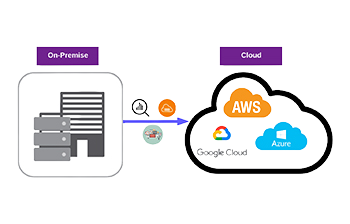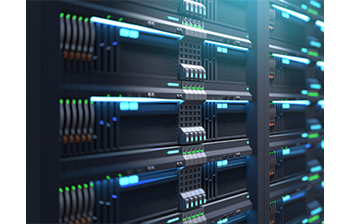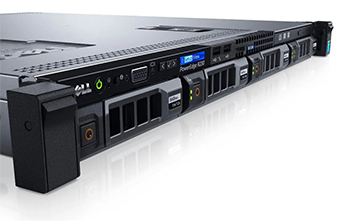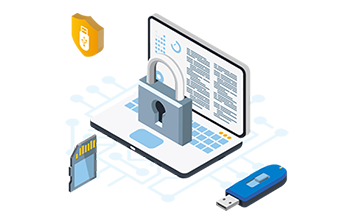Endpoint Security & DLP
Our company offers comprehensive endpoint security and Data Loss Prevention (DLP) services to safeguard devices such as workstations, servers, and other compatible devices from malicious threats and cyberattacks.
We work with industry-leading solutions from ESET, TrendMicro, Kaspersky, Broadcom, Sophos, Sentinelone & Sonicwall Capture Client. Endpoint security is crucial as these devices serve as gateways to critical files, processes, and digital assets within organizations. By providing robust protection and bolstering the cyber immune system, we ensure that cyber diseases are effectively prevented from spreading and compromising valuable data.
Our endpoint security and DLP services create a resilient defense against evolving cyber threats allowing businesses to operate with confidence and peace of mind.
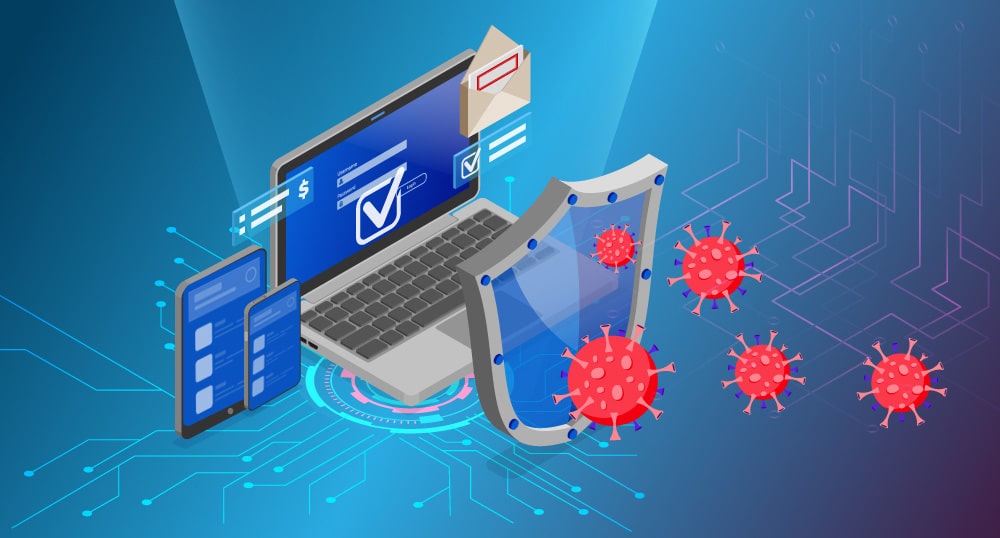
Endpoints encompass devices that individuals engage with while connected to a network. These devices, including
● laptops
● cell phones
● tablets
● printers
● servers
● medical devices
● handheld scanners
● robots
● Internet-of-Things (IoT) devices
fall under the classification of endpoints. Endpoint security software is specifically designed to safeguard these devices from potential threats and vulnerabilities.
Your endpoints are consistently vulnerable to human interaction, and breaches often occur accidentally due to minor mistakes. An employee with good intentions may unintentionally leave their device unattended while still logged into a sensitive area, leave passwords exposed on desks, or connect to unsecure networks like those in airports or public hotspots. Endpoint security safeguards against both inadvertent errors and deliberate, premeditated attacks, ensuring protection from various types of breaches.
There are numerous ways to safeguard your endpoints with different security measures. Here are 11 highly efficient examples of endpoint security solutions you can implement.
- IoT Device Security: Safeguarding Internet-of-Things (IoT) devices is essential to prevent unauthorized access to your digital assets.
- NAC (Network Access Control): Managing user and device access to your network, along with monitoring their activities, helps secure sensitive network segments.
- DLP (Data Loss Prevention): By raising awareness among employees about phishing and using antimalware solutions, you can prevent data loss through malicious programs.
- Insider Threat Protection: Controlling user access, monitoring activities, and employing zero-trust network access tools minimize insider threats.
- Data Classification: Identifying and isolating valuable and vulnerable data helps pinpoint potential attack surfaces.
- URL Filtering: Blocking access to malicious websites using hardware or software firewalls enhances security.
- Browser Isolation: Executing browser sessions in isolated environments protects against malicious code impacting sensitive assets.
- Cloud Perimeter Security: Protecting cloud resources from unauthorized access using cloud firewalls and web filtering tools.
- Endpoint Encryption: Securing device data through encryption ensures only authorized users can access it.
- Sandboxing: Creating isolated environments that mimic end-user operating systems prevents unauthorized access to sensitive network areas.
- Secure Email Gateways: Inspecting inbound and outbound emails for potential threats helps detect and prevent malicious content from reaching your system.
Here are six of the most important features that endpoint security customers should take into consideration when choosing a platform for their organization and users.
- Exploit and threat protection
- Network protection
- Application protection
- Data protection
- Intelligence and analytics


